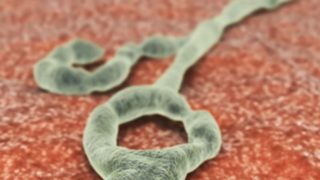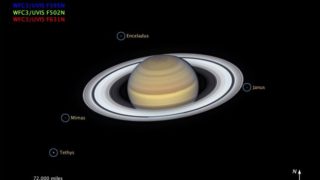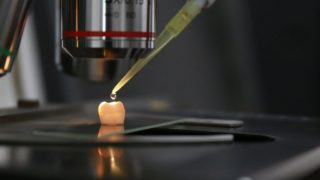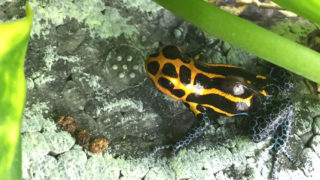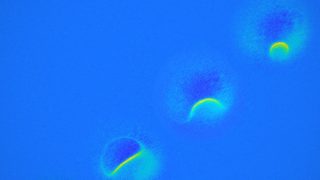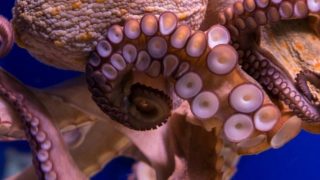
MI weekly selection #344
Organisms lived on Earth 3.5B years ago Organic matter dating back 3.5 billion years has been identified in stromatolites first discovered in Australia in the 1980s. “The organic matter that we found preserved within pyrite of the stromatolites is exciting; we’re looking at exceptionally preserved coherent filaments and strands that are typically remains of microbial […]
